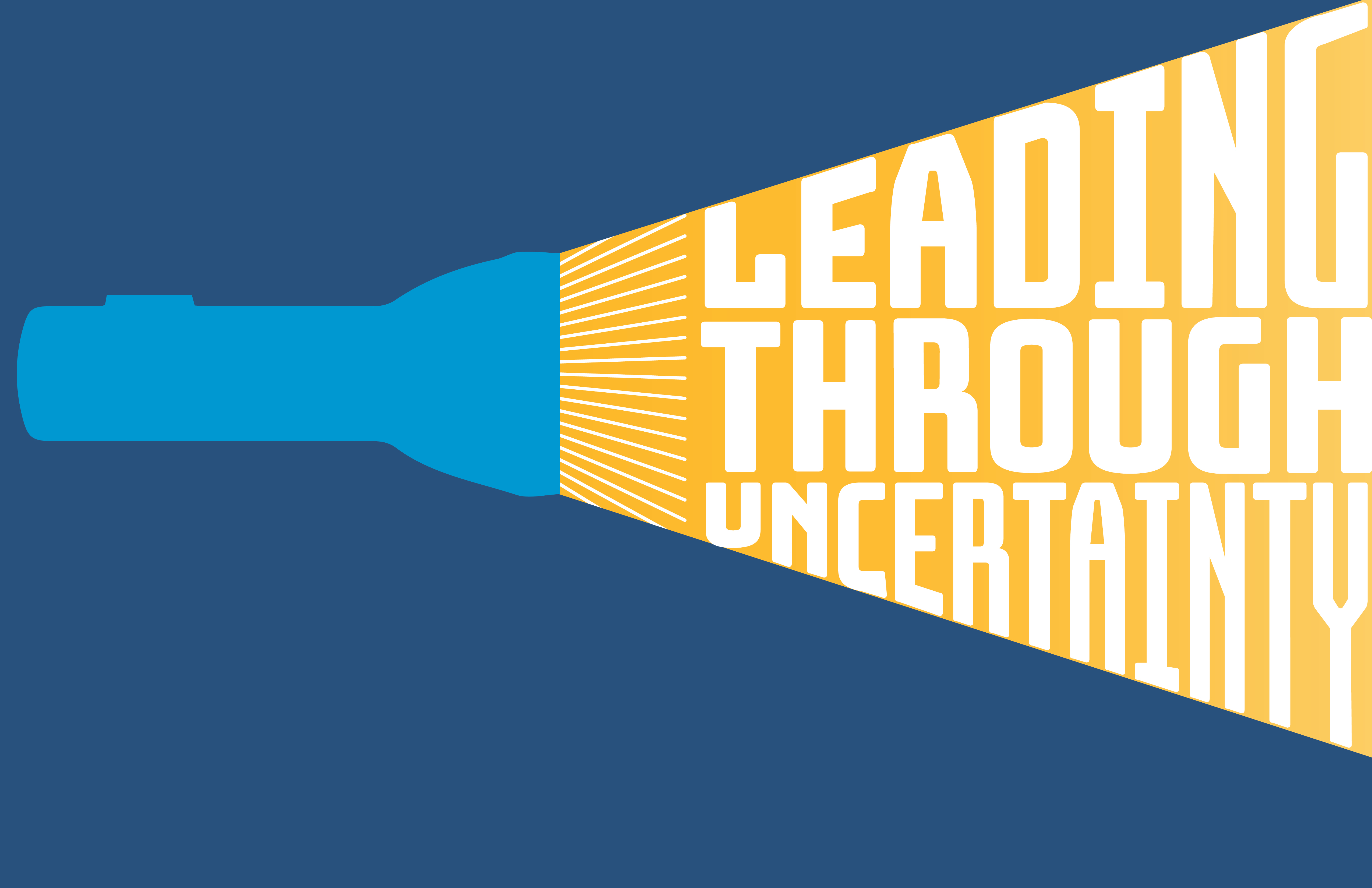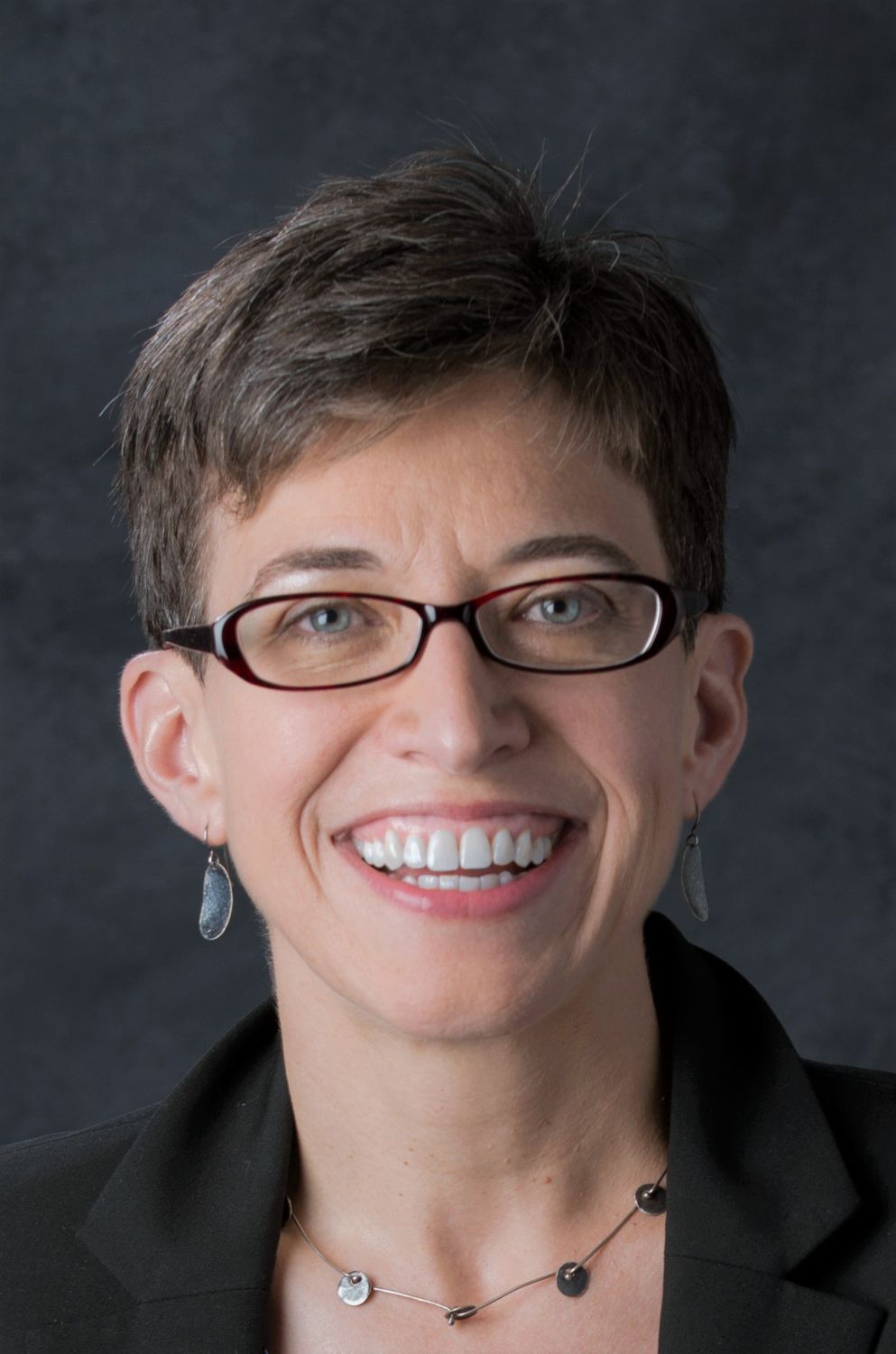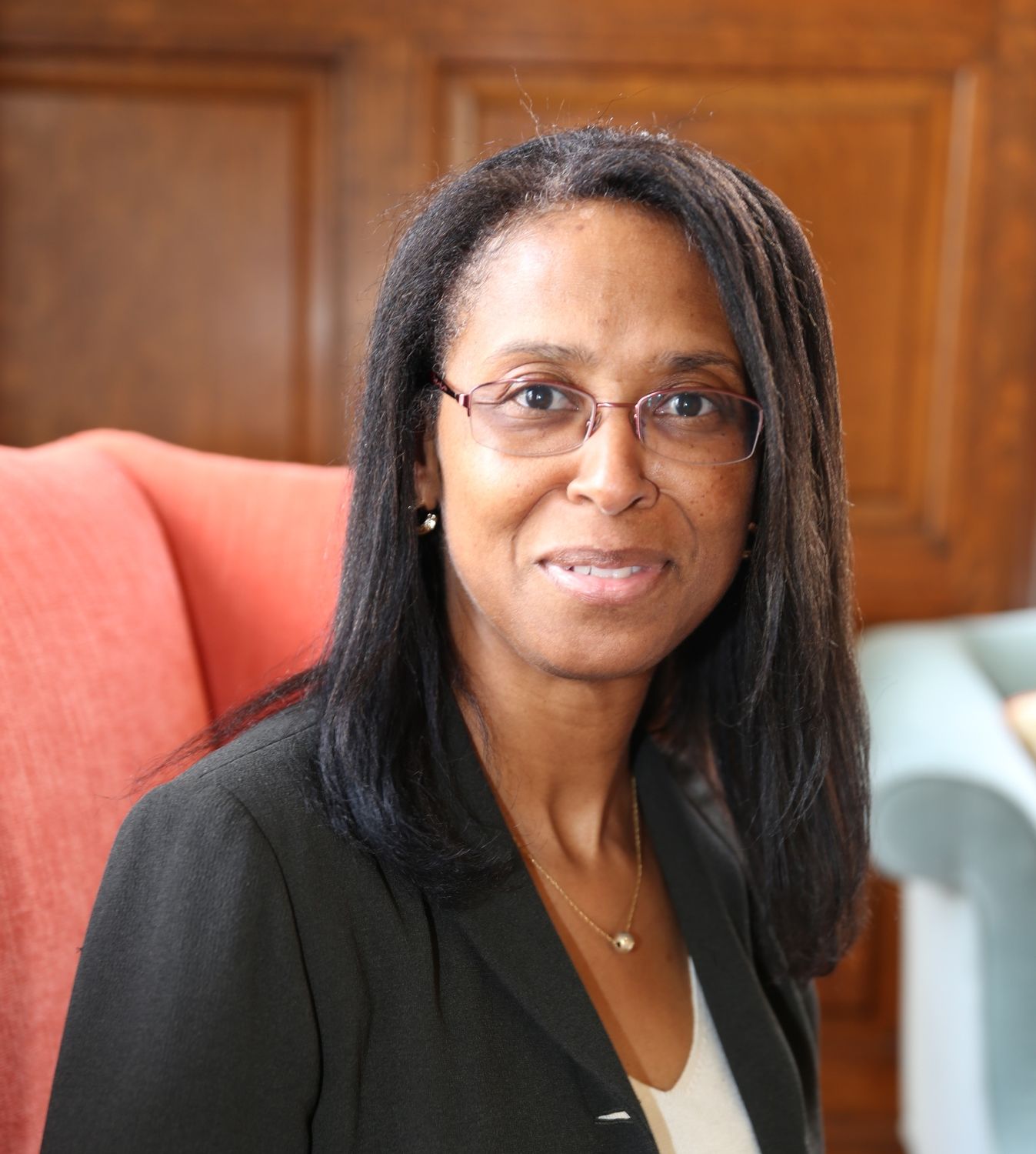Leading Through Uncertainty

Leading Through Uncertainty
BU Wheelock experts share their guidance for today’s higher education leaders
These are tumultuous times for higher education.
Universities are under fire for being too expensive and offering majors with seemingly no real-world applications. Student protests have roiled campuses, and research is under attack. Higher education leaders could be excused if they feel despair—or even consider abandoning the field altogether for calmer waters.
But BU Wheelock faculty have a message for leaders and leaders-in-training who are feeling a twinge of anxiety or questioning their career choices: Steady leadership is more vital than ever and is perhaps an institution’s best hope for weathering the current storm—and storms to come.
“I think people who can fundamentally tap into the value of transforming individual students’ lives every day—that’s what we’re here to do—is probably the most important,” says Sherri Hughes, a senior lecturer and program director of the Executive EdD in Higher Education Leadership program. “That’s how you get through those days.”

Sherri Hughes

Mary Churchill

Detris Adelabu
What kind of leader does it take to steer an institution through such times? What qualities must they possess and how do they put them to good use? Three BU Wheelock faculty, some of whom are seasoned higher ed leaders themselves, share their advice for leadership today.
Listen and empathize
Effective higher education leaders listen attentively before making decisions, according to Mary Churchill, associate dean of strategic initiatives and community engagement and director of the higher education administration program. Churchill edited The Conversation on Higher Education (Johns Hopkins Press, 2025), which explores many of the sector’s biggest challenges, as well as possible solutions.
I think when [university] presidents fail . . . they are not calibrating to who’s in the room and who the audience is—whether that’s the board, the local community, your faculty.
“I think when [university] presidents fail, they are not listening and they are not reading the room,” she says. “And they are not calibrating to who’s in the room and who the audience is—whether that’s the board, the local community, your faculty.”
Act decisively
A leader should make decisions that are “thoughtful but not belabored,” Churchill says.
Detris Adelabu, a clinical professor who teaches a course on transformational leadership, says an effective leader will, more often than not, make a decision that’s in the best interest of students, faculty and staff, and the institution.
They also understand that not everyone will be onboard—which shouldn’t prevent a leader from making the tough call. “Sometimes that involves saying things that can be hard, and sometimes there may be folks who are not in support of it,” she says. “But it should always be about the greater good.”
Care for yourself
Churchill recently asked a faculty member how she was doing. The professor indicated that she was experiencing stress and sleeping poorly. “I told her, ‘You can’t do this work if you don’t sleep,’” Churchill says. “It’s a marathon. It’s not like you’re going to put out a fire today and it’s going to be over tomorrow. We’re putting fires out every day.”
Prioritize access
Adelabu says higher ed leadership should work to ensure that programs are affordable and accessible. “You need to focus on opening doors,” she says. “College may not be for everyone, but there should be a college for everyone who wants to go to college.” When she talks about opening doors, she means it—literally. “To what extent are colleges and universities opening their doors to their neighborhood, to communities, so that families, children know this is a place for them, that they have an opportunity, and that they do have access to colleges and universities?”
You need to focus on opening doors. College may not be for everyone, but there should be a college for everyone who wants to go to college.
Sell your institution’s value
At a time when the value of a four-year degree is being challenged, effective higher education leaders understand their mission and can communicate it to others.
“Be clear about your motive for leading: changing lives,” Churchill says. “We believe in the power of education to change lives. That’s why we’re doing our work. And your ability to scale up and impact at a greater level increases as you move from faculty member to department chair to dean to provost to college president.”
Leaders must then be able to “talk about the value of the work your institution does and the value it provides to society, and to honor that value—of your faculty, staff, students, alumni—in a way that is not partisan,” Churchill says. Doing so will allow that message to reach a wide swath of people.
Be transparent
Good leaders are transparent about how decisions are made. They communicate honestly to their faculty, staff, and students “when things are going well, but also when things need to be improved,” Adelabu says. And they shouldn’t hold that information within the institution either.
Colleges and universities should share their data—on challenging issues like enrollment and diversity efforts—with other institutions on an ongoing basis, “so that we know where we are doing well and places where we can improve,” Adelabu says. “Those institutions that are struggling in an area can reach out and learn from other institutions.”
“Survive together”
In competing for research dollars and students, universities are not always known for collaborating with one another. But now more than ever—with a presidential administration singling out universities it doesn’t agree with—higher ed leaders should resist the temptation to isolate. Adelabu recommends forming multi-institutional alliances between colleges and universities to share resources and best practices for increasing enrollment. Many institutions have formed or joined alliances to stand against cuts to federal research grants and attacks on free speech and academic freedom, she says.
“[Alliances] will allow institutions to stand together to uphold their mission, to uphold academic freedom, to uphold the kinds of work and research that is important—not just for the institution, but for the country, as well as the greater good,” she says.
Effective leadership is effective teamwork.
Hughes puts an even finer point on it: “Effective leadership is effective teamwork.” She is sometimes asked how she’ll know the Executive EdD in Higher Education Leadership and its graduates are successful. “One is that they are effective team members and effective team builders,” she says. “They know we can’t do this work alone and that we are always better as a whole than we are individually.”
For institutions, it may be a matter of life and death.
“We’ve been in a place where we are largely operating as individual institutions and trying to survive on our own,” Hughes says. “And I think one of the things that’s going to be different in this case is that we are going to have to survive together.”
Comments & Discussion
Boston University moderates comments to facilitate an informed, substantive, civil conversation. Abusive, profane, self-promotional, misleading, incoherent or off-topic comments will be rejected. Moderators are staffed during regular business hours (EST) and can only accept comments written in English. Statistics or facts must include a citation or a link to the citation.